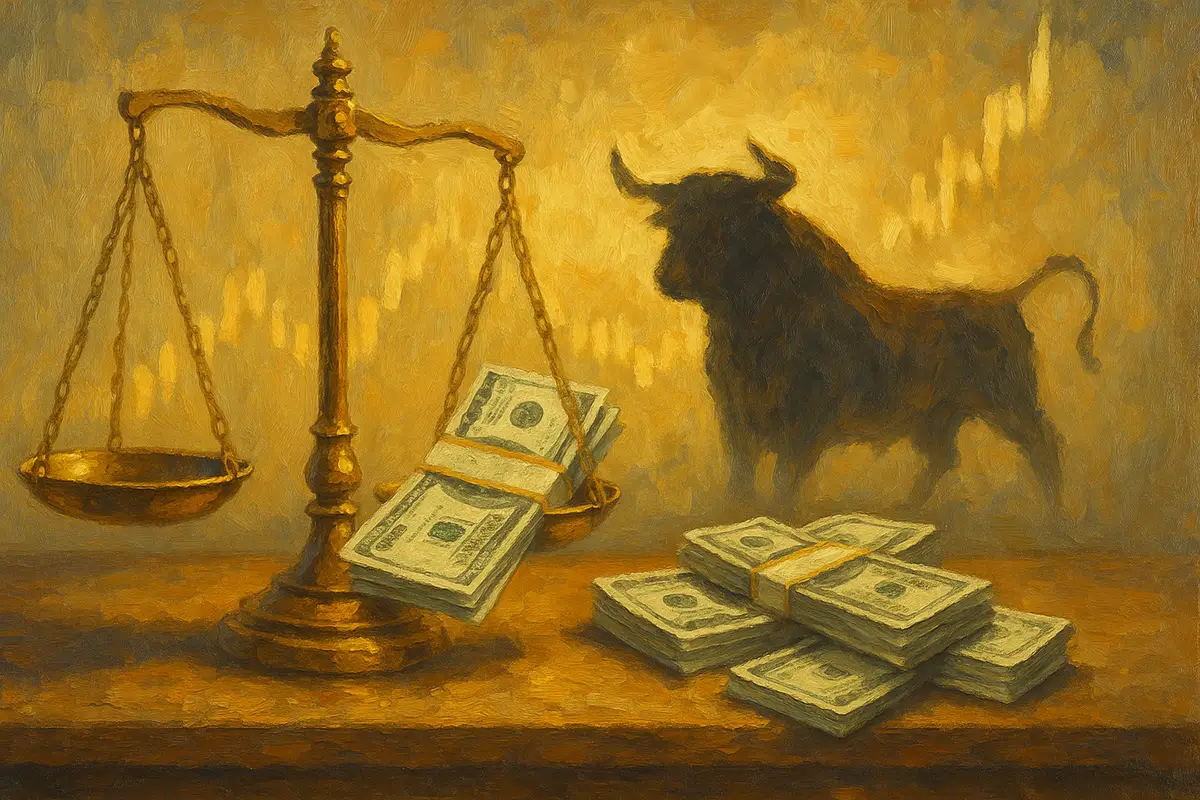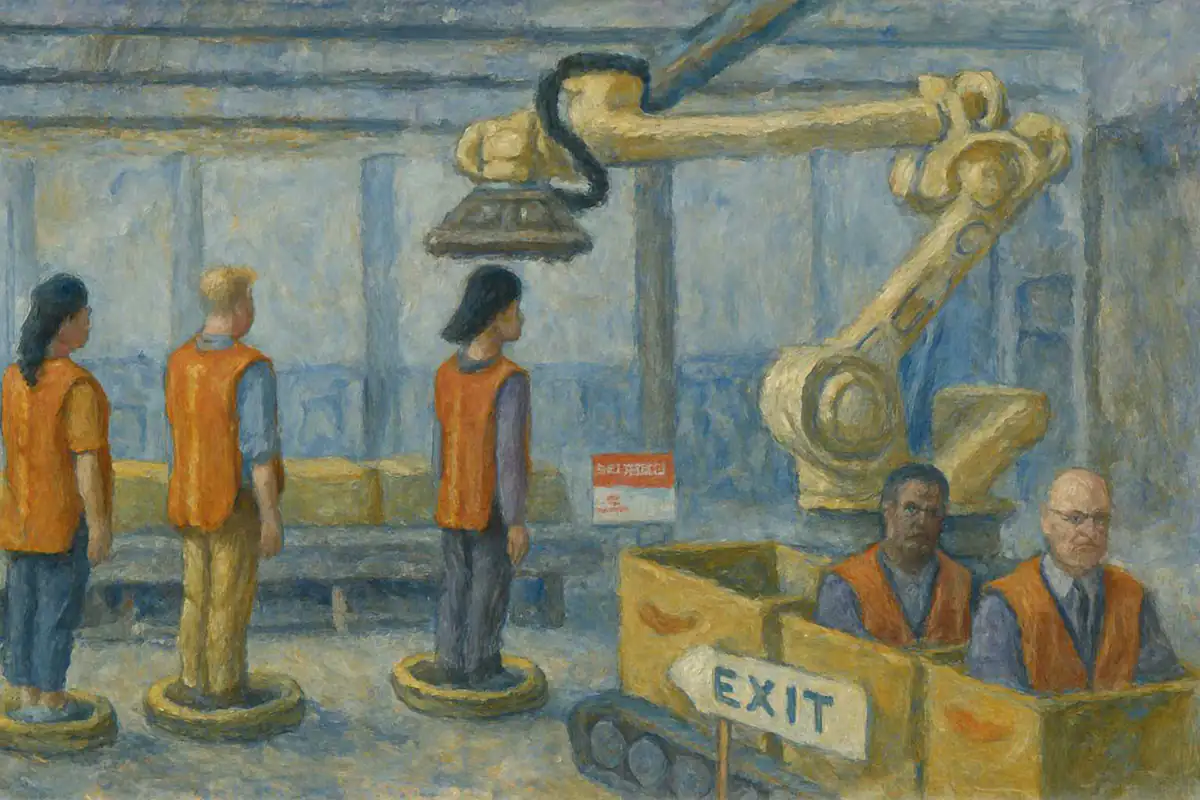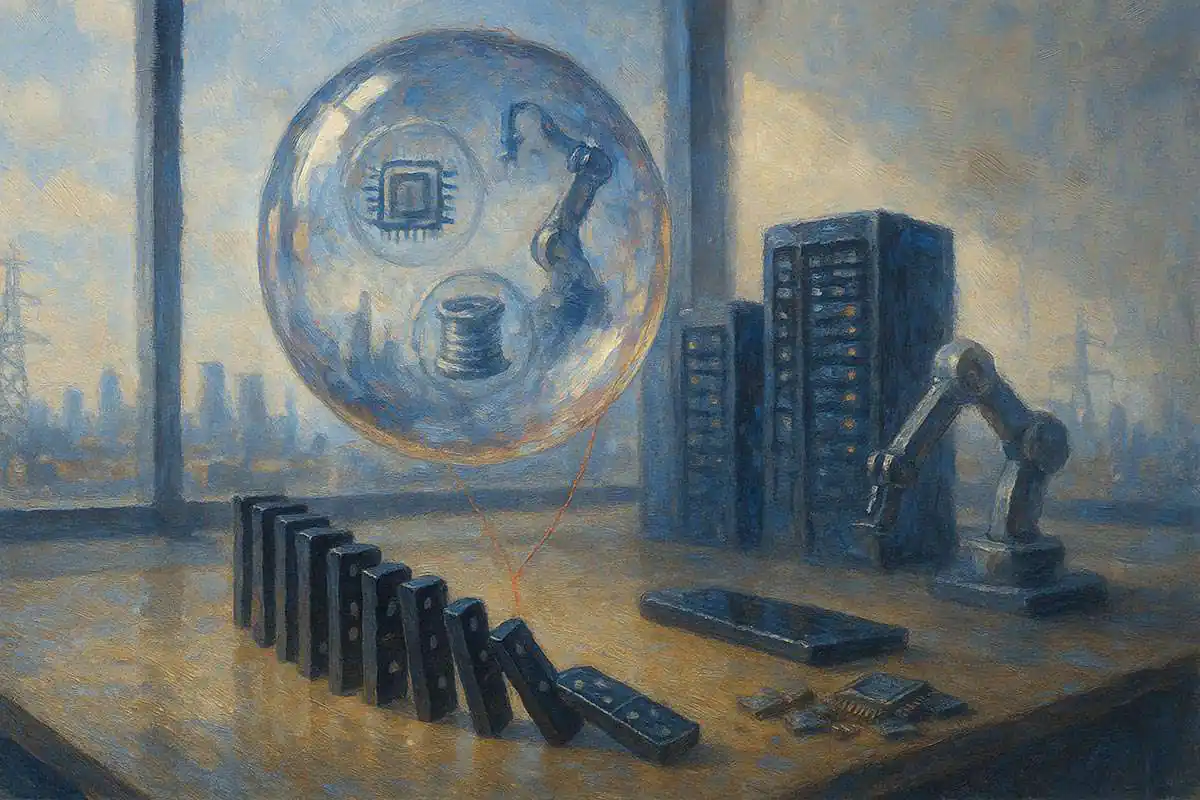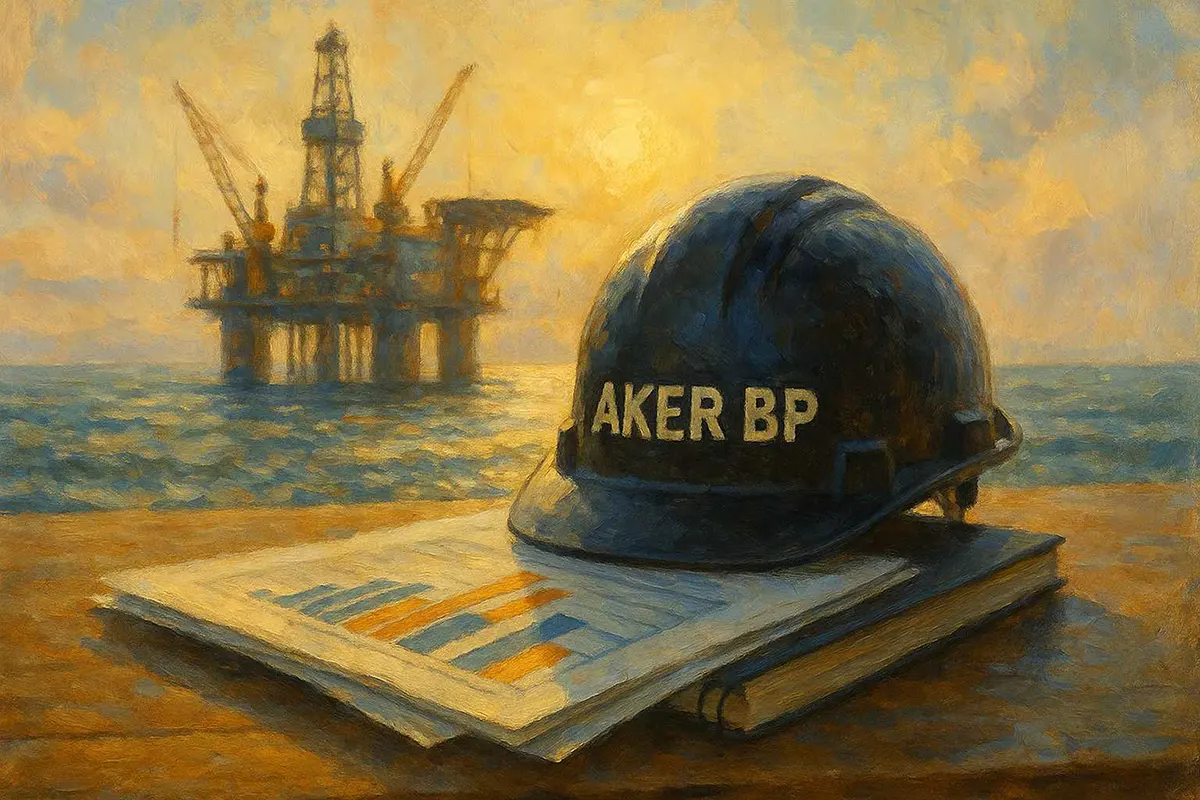Do we need to redefine “value” in this era of the US stock market, or should we continue to sit on the sidelines if traditional metrics show equities to be overvalued?
I love this question.
Value only needs to be redefined for those who misdefined it.
What is value investing? It is buying undervalued companies, requiring a margin of safety, taking a long-term time horizon, being an investor (not a speculator), having faith that mispriced assets will eventually be fairly valued, and treating the stock market as your servant.
This last point is very important – not letting the market be your master.
Today the market is at one of the most expensive levels over the last century.
If we just give up and “redefine value” such that we start buying overpriced companies, it might actually work for a while. But when it stops working, the price you pay will be steep. Historically, when investors have bought “the market” (an index fund) at similar or even slightly lower valuations, they received zero to negative returns for a decade or two. I wrote two books on this subject.
We are going to continue to aim to be the master of the stock market and not its servant. When you say “sitting on the sidelines,” it implies that we are trying to time the market and the economy. We don’t do that, because it is impossible to incorporate that into a repeatable process. Analyzing and valuing companies, however, can be structured into a repeatable process. Even a crazily overvalued market has some undervalued gems, though they are harder to find and fewer in number. Additionally, we are looking for stocks globally, increasing our opportunity set and thus hopefully reducing the time it takes to become fully invested.
What was the biggest surprise in 2024?
I knew that Europe had underinvested in defense; I just didn’t realize just how much. This gave us confidence to increase our position in European defense companies.
What was the biggest change/improvement to IMA’s investment process in 2024?
Selling. I’ve been thinking a lot about my past mistakes. Most of them had commitment bias – a certain amount of pride and ego trapped in my investments. This will continue to be an area of focus in the future.
What are the biggest perceived threats to companies in the portfolio in 2025?
Me! I am the biggest risk to the portfolio. In 2024, our results looked like I had an IQ of 80, but in 2025 so far I look as if my IQ is 180. In truth my IQ has not changed. The threat comes if I start thinking and behaving like I can walk on water – then I’ll get overconfident and make mistakes.
The last fifteen years of being a value investor was a master class in how to handle pain. I keep telling myself to stick to the process. To keep myself grounded, I go back through the mistakes I have made over the years, trying to figure out what I can learn from them. They are a good reminder that I am not infallible.
It has actually been quite informative self-analyzing my past self. In both extremes of success and failure, I double down on research. We spent a lot of time researching defense companies before they ran up. We have doubled and tripled our research efforts since then.
About risk on a portfolio level: We have been cutting dead weight from the portfolio over the last few years. Our selling has become a bit more proactive. I am sure there is a risk we are missing on the individual stock level, but overall we are very satisfied with the portfolio.
How will a trade war impact our portfolio?
In all honesty, it’s very difficult to gauge the full impact because of second- and third-order effects. Also, we have no idea what this trade war will ultimately look like as Trump keeps changing his mind. However, it won’t be existential to any of the companies we own.
Tariffs will be immediately mildly inflationary and possibly stagflationary – prices of goods and services will rise, but the quantity of goods sold will decline. Tariffs create uncertainty, which will lead to reduced hiring and capital investment by companies globally, not just in the US. The White House may engineer its own recession out of thin air.
If we have a recession, we’ll have a recession. It’s not the end of the world.
Why? First, by design, most companies we own aren’t cyclical, so demand for their goods won’t change much.
Second, a recession may actually benefit some of our companies as they take market share from weaker competitors. Uber is a great example – it emerged as a much stronger company after the pandemic, taking market share from Lyft and other rivals.
Third, recessions are a part of life. They are less fun than economic expansions, especially for those folks who are out of a job and looking for one, but they are the price we pay for economic growth. They are the break the economy needs to take after periods of expansion. Companies need them to evaluate if they employ too many people, if these people are in the right seats, and if they have too much inventory or too many assets. Though this recession would be self-inflicted by the president, the impact would be similar to previous recessions – in the end, it will wind up making strong companies stronger.
How are any AI tools being incorporated into IMA’s investment process?
I have been humbled by AI; its rate of improvement is accelerating. It is a truly incredible tool.
Here is one example: I have almost stopped using Google. Google used to be a place where I searched for a specific company’s website and looked for answers. AI has now replaced the looking for answers part. When most people Google, they don’t usually go past the links on the first page. And then they go only a few pages deep on the sites they stumble onto. AI search goes miles wide and deep and provides comprehensive answers with links.
Going from Google to AI search is like switching from coffee to crack cocaine. Speaking of Google, it has one of the best AI’s on the market, but it faces competition from extremely well-funded companies and it is no longer my default option for search.
I am not going to go elaborate on what we are doing with AI (for competitive reasons), but we have definitely been using AI to go deeper and wider into our research. It is almost like we have hired a few more junior analysts.
Are you going to retire or become a full-time writer?
One of the questions I receive is whether I have any plans to retire or become a full-time writer. It is hard to retire from retirement. I’ve been retired for the last twenty years. I wake up early in the morning. Write for two hours. Drive my 11-year-old, Mia Sarah, to school (the highlight of my day). Then I go to the office and do research. I read, talk to my analyst Max and my friends, and build spreadsheets.
I go for a daily walk in the park for an hour. At the end of the workday I go home for a dinner my wonderful wife has prepared. On Fridays in winter my daughter Hannah (who is a freshman at Denver University) and I go skiing. We leave the house at 6:30 am, ski for two hours, and I’m at the office by 1 pm. My family, including my kids and their significant others, gathers for Friday night dinner.
At a practical level becoming a full-time writer is out of my reach. I cannot write more than two hours a day. Also, I can only write so much about life, while all the writing I do about investing is based on “lived” experience.
I am one of the luckiest people in the world. I do what I love and have complete control over my life. I work with wonderful people, spend plenty of time with my loved ones, and travel as much as I want to. I have nothing to retire from. In my next life I want to come back as me (just maybe with more hair?).
Key takeaways
- The US stock market is at one of its most expensive levels this century, but value investing doesn’t need to be redefined – it’s about buying undervalued companies with a margin of safety, not chasing overpriced ones just because the market is frothy.
- You identify yourself as the biggest risk to the portfolio – when the US stock market performs poorly, you feel your IQ drops to 80, but when it soars, it seems to jump to 180. The real danger is believing your own hype during good times.
- Regarding tariffs and trade wars, you acknowledge they’re difficult to predict but won’t be existential to your companies, though they may cause inflation and recession – which you see as a natural part of economic cycles that make strong companies stronger.
- You’ve dramatically improved your selling process, focusing on overcoming commitment bias and the pride/ego that kept you holding onto past investments too long in previous US stock market cycles.
- AI has become a powerful research tool that you’ve embraced, comparing the shift from Google to AI search as “like switching from coffee to crack cocaine,” and it’s allowed you to expand your research capabilities as if you’d “hired a few more junior analysts.”









Appreciate the reminder to not compromise the principle of buying with a MOS. Very hard to find companies at the moment so the temptation to jump in needs correcting! I am 50% cash right now and it feels like I am trying to time the market.